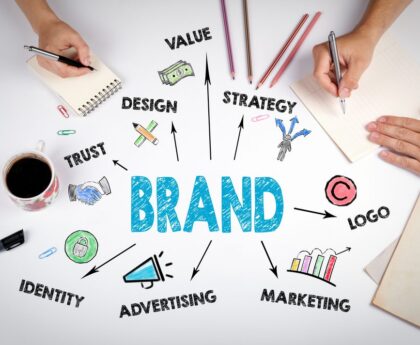Employees are an essential element of every company, and keeping them engaged is critical to perform to their maximum potential. Employee engagement and job happiness are driven by rewards and recognition, which leads to increased productivity.
To engage and retain their most exemplary employees, top-tier firms around the world have implemented sophisticated recognition and appreciation programs.
Employee Recognition Programs: What Are They?
Recognition is a technique of expressing gratitude for someone’s extra effort or accomplishments.
As the name implies, employee recognition programs are designed by corporations to acknowledge, respect, and reward their employees for their hard work, accomplishments, and devotion.
Employee recognition and appreciation programs show employees that their efforts and professional work products are valued by management. Corporate reward programs positively impact the workplace, pushing employees to improve their performance and increase sales while also instilling a sense of loyalty to the firm.
Three Common Myths About Employee Recognition: –
It’s primarily due to some employers’ misunderstandings or fallacies about employee recognition programs. But in reality, these things are not correct for most of the employees, so know about these myths clearly so that you have a clear image of them.
- Money is the only thing that inspires humans: –
Most business owners believe that raising their employees’ salaries can keep them focused on the company and inspire them. A poll of voluntarily resigned employees, on the other hand, indicated that 80 percent departed the organization owing to a lack of appreciation, not because of money.
- Time is spent on recognition programs: –
The majority of business owners believe that recognizing employees takes time. Acknowledging and recognizing an employee’s accomplishments in everyday labor, on the other hand, may just take a few seconds or minutes.
- Appreciation programs can be costly: –
Many decision-makers believe that recognition programs are pretty expensive for their company. That, however, is not the case. Giving proper employee appreciation can be done for little cost and have a beneficial impact on the individual.
Do incentives really work?
The answer is contingent on how we define “labour.” According to research, rewards generally succeed in securing only one thing: temporary conformity. However, rewards, like punishment, are ineffectual in causing long-term changes in attitudes and behaviour. When the incentives are no longer available, people revert to their previous habits.
When the incentives have worn off, people revert to their previous habits. According to studies, offering rewards for losing weight, quitting smoking, wearing seat belts, or being kind is not only less effective than other tactics, but it is frequently worse than doing nothing at all. Incentives, a type of extrinsic motivator, do not change the attitudes that underpin our actions.
The stability of employees depends on the quality of customer loyalty to the company. So, it thus becomes an essential factor to be considered in today’s world.
It is important for firms to keep a track record of their customers, and how will B2B loyalty be improved in the market? But the most important question is how can B2B customer loyalty be improved?
A B2B customer loyalty program can help you increase client retention and keep your current customers pleased and loyal. A B2B loyalty program, on the other hand, is distinct from a B2C loyalty program. Customer relationship management strategy is an essential factor for every business firm in today’s era. With the help of proper management of the relationship of customers with the company, the company grows, and ultimately the employee’s ability to work increases.
Final Words: –
Organizations should understand that recognition programs do not have to be costly or complicated. Employees can be recognized in various ways, and several organizations have devised specialized programs to show their appreciation.
Ask your staff what kind of acknowledgment means the most to them and what motivates them to achieve their best.





